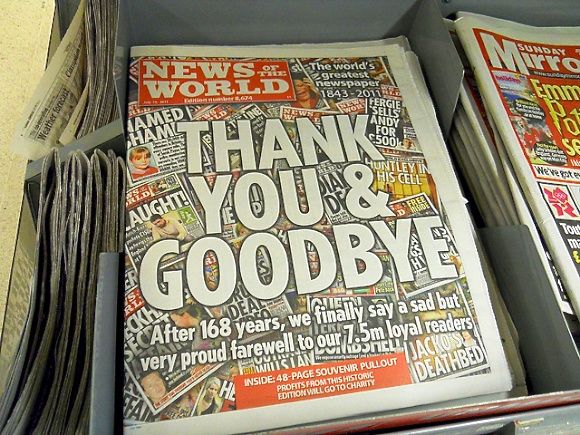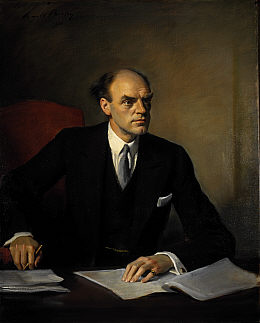By Martin Vogel

Steven Spielberg’s film The Post combines three themes close to my heart: leadership, journalism and power – with an interesting gender dimension overlaying all three.
The film portrays the days in 1971 when the Washington Post faced a dilemma whether to publish leaked material, the Pentagon Papers, showing how successive American presidents had deceived the public about the country’s purpose and prospects in Vietnam. The scoop already belonged to the New York Times. But an opportunity to catch up arose for the Post when Nixon’s government obtained an injunction against the Times, and the Post obtained the material independently.
There have been criticisms that it is perverse of the film-makers to focus on the role of the Post in the the Pentagon Papers affair, when the Times was the bigger player and took the earlier risk. However, that is to misconstrue the drama in which the Pentagon Papers affair is merely the MacGuffin on which hangs a tale of press freedom and gender politics. It is precisely because the Post was the lesser player that it merits attention. It’s the story of how a faltering business, guided by a woman in a male-dominated world, steps into the big league and transforms itself into a pillar of democracy. The whole episode serves as a dress rehearsal for Watergate, when the Post made the running in holding Nixon to account and ultimately brought down his presidency.
Continue reading “Spielberg’s The Post offers a masterclass in public leadership”





